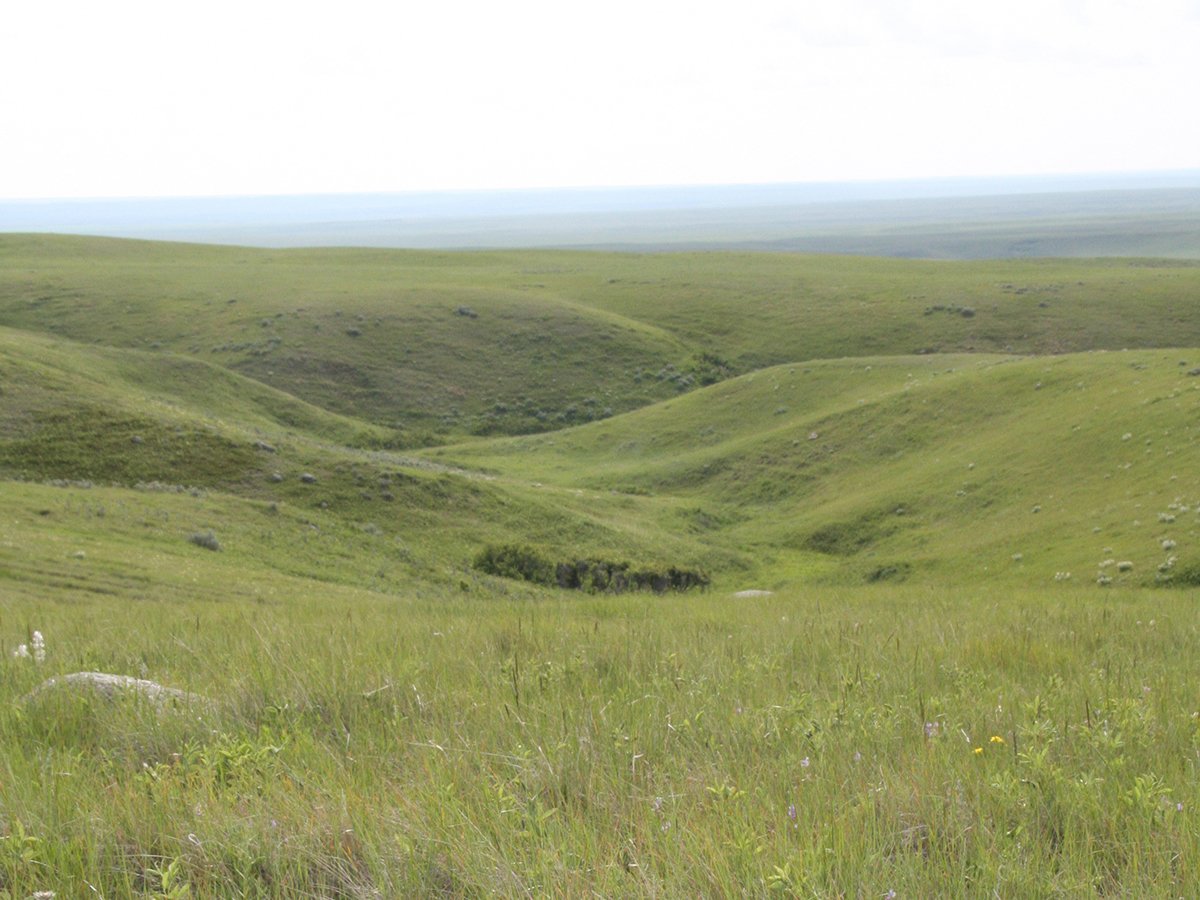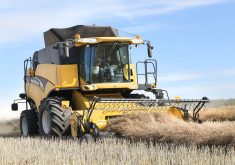Canadian Federation of Agriculture also signs on to a data transparency and protection initiative that started in the U.S.
REGINA — The Canadian Federation of Agriculture has formalized its recommendations for a national agricultural data strategy.
It has also become the first Canadian farm industry member of the Ag Data Transparent organization.
ADT was formed after the American Farm Bureau Federation noted concern among farmers about agricultural data products and how data provided to the platforms would be used.
Read Also

Alberta irrigation project on grasslands approved
Environmental concerns raised by Alberta conservation groups over irrigation expansion project within rural municipality
After a series of meetings with other organizations and companies representing equipment manufacturers, seed and chemical companies and ag tech, the stakeholders drafted core principles for ag tech providers to follow when collecting, using, storing and transferring farmers’ data, according to the ADT website.
Those principles were formalized through the Ag Data Transparency Evaluator, a non-profit organization that audits companies’ ag data contracts. Companies that want the “seal of approval” must submit contracts with farmers for certification and go through a verification process to ensure they are doing what they say.
Numerous well known ag companies are certified members, including John Deere, Simplot, Sollio and Farm Credit Canada.
“This certification looks to verify compliance with ADT’s core principles, improve farmers’ trust of data platforms, simplify contracts and educate farmers on issues surrounding privacy, security and the use of agriculture data,” the CFA said.
Meanwhile, the CFA’s six recommendations contained in its Data as a Foundation for Sustainable Productivity Growth report build on discussion from the summer board meeting in Whitehorse. Farmers said there are benefits of data analytics and precision farming, but they have to have confidence the data is being used properly.
The recommendations include establishing a pan-Canadian data strategy, closing the connectivity gap, establishing programs to support integrated connectivity solutions, supporting industry efforts to develop common guidelines and standards about data use, legislated commitments to support farm equipment interoperability and capacity building for farm groups that are best positioned to protect farmers’ rights.
The report said integrating data and advanced analytics will significantly enhance productivity, sustainability and resilience in the sector.
Global productivity is down. The growth rate from 2021 to 2030 is estimated by the U.S. Department of Agriculture to be at one per cent. FCC has calculated that the average annual total factor productivity growth has slowed from 2.2 per cent between 2001 and 2010 to 1.4 per cent between 2011 and 2020.
Yet various organizations, including the Organization for Economic Co-operation and Development, have said agricultural productivity will need to increase by 28 per cent from 2022 to 2031 to meet zero hunger goals and Paris climate agreement targets.
Combine these figures with estimates that 40 per cent of farm operators will retire over the next 10 years, mainly in Alberta, Newfoundland and Labrador, Nova Scotia, Saskatchewan, British Columbia and Prince Edward Island, and the fact that 28,000 agricultural jobs were unfilled in 2022, and the productivity goals are at risk.
The report notes that Canada lags behind its competitors when it comes to investment in innovation.
“Despite the decline in public spending in agricultural research and development, it still outpaces private-sector investment,” the report said.
According to Statistics Canada, investment dropped eight per cent below pre-pandemic levels and 11 per cent below 10 years ago.
The report said investing in data, technology and innovation would benefit the entire Canadian economy.
Better data would also help farmers tell their sustainability stories, but Canada must avoid making policy decisions and commitments based on incomplete data, the report added.
It uses the example of the fertilizer emissions reduction target of 30 per cent from 2020 levels by 2030, saying it was “established without clear data underpinning the pathways to achieve those targets.”
The report cites a study conducted by Rob Gamble and Dan Heaney for Fertilizer Canada and the Canola Council of Canada, which found it would cost more than $3.4 billion to implement the best management practices to cut emissions by 14.4 tonnes, or 71.4 per cent of the reduction target.
The CFA report also said other countries are recognizing the increasing use of digital tools in agriculture and responding.
In Australia, the On Farm Connectivity Program is providing $30 million over two years to enable primary producers to take advantage of connected machinery and sensor technology.
However, adoption is challenged by the fact that farmers aren’t sure how their data is managed and secured.


















